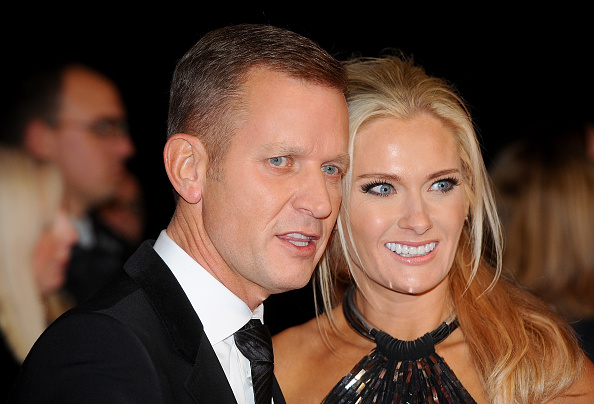ITV bosses slammed over ‘irresponsible’ lie detector tests on Jeremy Kyle Show

MPs have blasted “irresponsible” ITV bosses for using lie detector tests on The Jeremy Kyle Show without knowing how accurate they were.
Senior ITV executives faced a grilling today as part of an inquiry into broadcasters’ duty of care following the apparent suicide of Steve Dymond, a former participant on the reality TV show.
Read more: Ofcom expresses concern over reality TV after Jeremy Kyle Show death
Damian Collins, chair of the Digital, Culture, Media and Sport select committee, said the producers’ lack of medical knowledge was “astonishing”.
The daytime TV show frequently made use of lie detector tests in order to resolve conflicts between participants, and Dymond’s death came just a week after he failed a test on the show.
Tom McLennan, the show’s executive producer, said guests were told the tests were not 100 per cent accurate. But he admitted producers could not be certain exactly how reliable they were.
Graham Stanier, a consultant psychotherapist and director of aftercare for the programme, also conceded he was “naive” about the accuracy of lie detector tests.
“I totally accept that I don’t know the percentage of success or the percentage of failure,” he said.
In a scathing attack on the producers, Labour MP Paul Farrelly described the programme as “trash TV” and said anyone involved in making it “should be ashamed of themselves”.
ITV axed The Jeremy Kyle Show in May following an internal inquiry. Bosses said the broadcaster has no plans to make a similar programme in the future, but said they will continue to work with the show’s host.
Kyle, who declined to appear in front of MPs, was known for his tough presenting style on the show.
Read more: MPs launch probe into reality TV following Jeremy Kyle Show death
Documents released by ITV showed guests were asked whether they were aware that Kyle could be “very critical” of contestants if he thought they were “in the wrong”.
MPs also questioned the ITV bosses over the firm’s duty of care to contestants on hit dating show Love Island as part of a wider inquiry into reality TV.